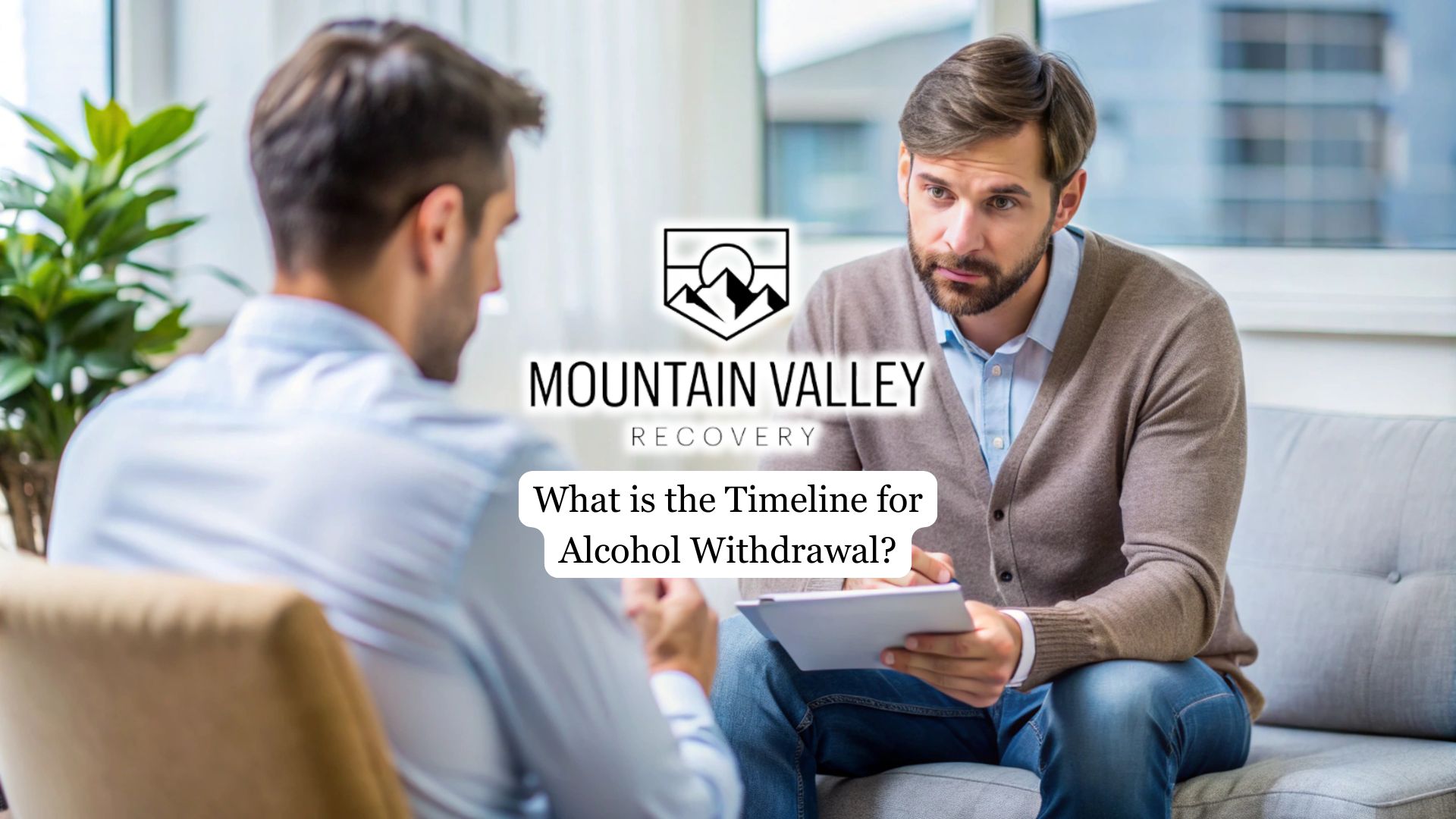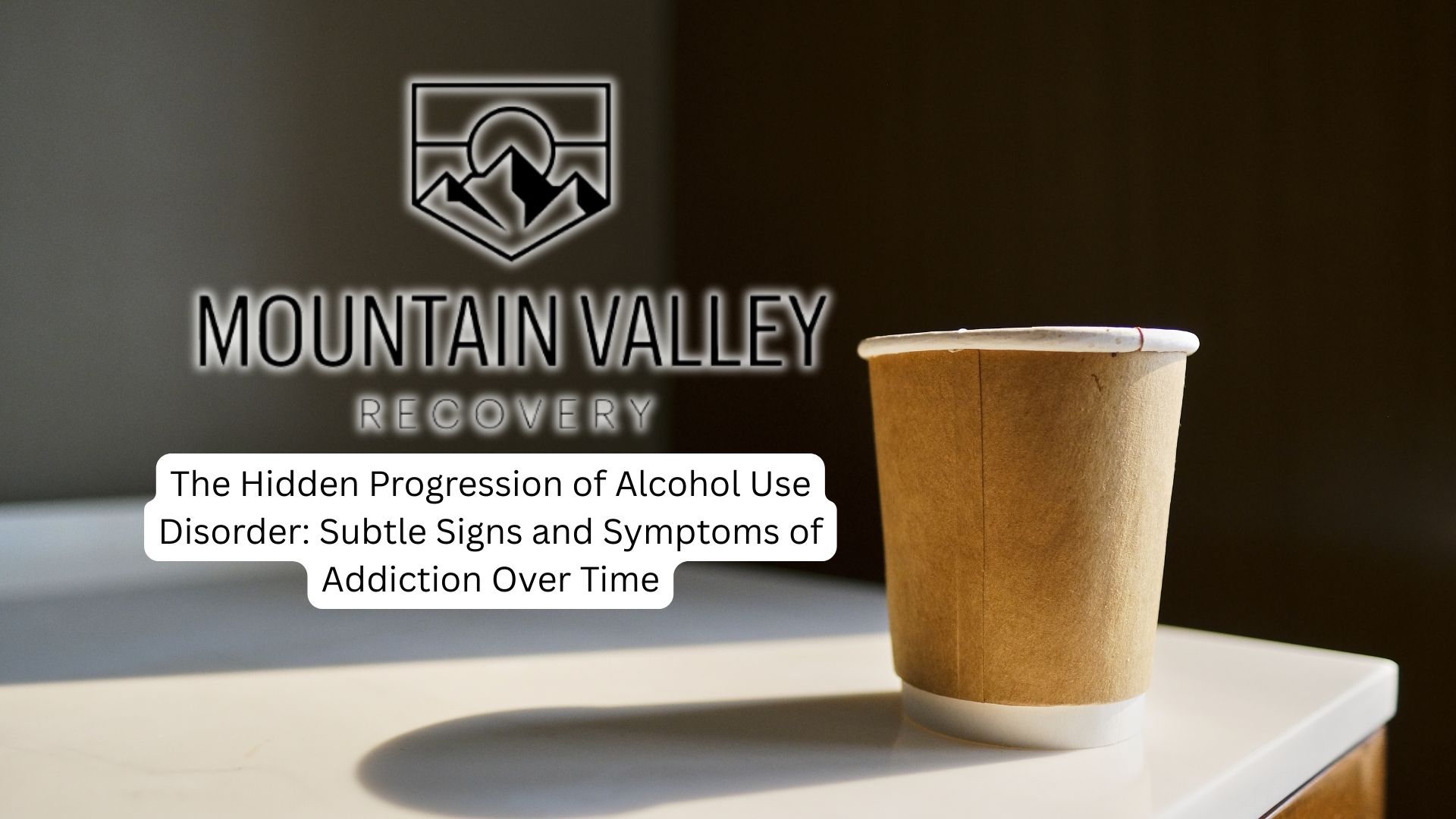Alcohol withdrawal is a potentially serious medical condition that occurs when someone who has been drinking heavily or for a prolonged period suddenly stops or reduces their alcohol intake. Understanding the alcohol withdrawal timeline is essential for recognizing symptoms early, seeking proper treatment, and reducing the risk of severe complications.
This article outlines what to expect during withdrawal and why professional support is critical—especially for men who may face unique pressures around drinking and seeking help.
Understanding Alcohol Withdrawal
Alcohol is a central nervous system depressant. Over time, the body becomes physically dependent on it, adjusting its chemistry to accommodate alcohol’s effects. When drinking stops abruptly, the nervous system becomes overactive, leading to a range of physical and psychological withdrawal symptoms.
Alcohol withdrawal can begin within hours of the last drink and varies in intensity based on several factors, including the duration of alcohol use, the quantity consumed, and a person’s overall physical health.
For men who have used alcohol as a coping mechanism for stress, work pressure, or emotional pain, withdrawal can come with both physical discomfort and mental strain. Seeking professional alcohol addiction treatment for men during this phase can significantly improve safety and outcomes.

Alcohol Withdrawal Timeline: What to Expect
The symptoms of alcohol withdrawal unfold in predictable stages. Here’s how the timeline typically progresses:
6 to 12 Hours After Last Drink
The first signs of alcohol withdrawal may begin as early as six hours after the last drink. These early symptoms often resemble a hangover but can escalate quickly. Common signs include anxiety, irritability, headache, nausea, vomiting, insomnia, shaky hands, and increased heart rate. At this point, individuals may not realize they are in withdrawal, especially if they’ve never experienced it before. However, these early symptoms signal the beginning of the body’s readjustment.
12 to 24 Hours After Last Drink
Within the first 24 hours, symptoms can intensify. Some individuals may experience hallucinations—visual, auditory, or tactile—that feel very real. This stage, known as alcoholic hallucinosis, is rare but serious. It typically resolves within 48 hours, but medical monitoring is important to rule out complications. Additionally, symptoms such as disorientation, increased blood pressure, and body temperature fluctuations may begin during this stage.
24 to 48 Hours After Last Drink
During this window, most people continue to experience worsening physical symptoms. Tremors, sweating, and gastrointestinal discomfort are common. Some may also develop seizures, which are a serious complication. These seizures are most likely to occur within the first 48 hours and often without warning, underscoring the importance of medical supervision.
48 to 72 Hours After Last Drink
This phase is considered the most dangerous period for those at risk of Delirium Tremens (DTs)—a severe form of alcohol withdrawal that can be fatal if untreated. Symptoms of DTs include confusion and disorientation, hallucinations, severe agitation, high fever, seizures, and elevated blood pressure and heart rate. Delirium Tremens typically appears between 48 to 72 hours after alcohol cessation but can start as late as 7 to 10 days. Medical treatment, often involving sedation and intensive monitoring, is required for anyone experiencing or at risk of DTs.
3 to 7 Days After Last Drink
For most individuals, symptoms begin to subside after the third day. Physical discomfort gradually lessens, and sleep patterns may start to improve. However, anxiety, depression, and irritability can persist. Cravings for alcohol may intensify during this time, increasing the risk of relapse without continued support. Men may especially struggle in this stage due to societal expectations around emotional expression and vulnerability, which can hinder their willingness to reach out for help.
One Week and Beyond
After the acute withdrawal phase ends, many individuals enter post-acute withdrawal syndrome (PAWS). This condition can last for weeks or even months and includes symptoms such as mood swings, sleep disturbances, fatigue, anxiety, depression, and difficulty concentrating. For men balancing careers, family responsibilities, or personal expectations, this lingering phase can be especially difficult. Structured outpatient or inpatient treatment can help individuals navigate this phase successfully.
Factors That Influence the Alcohol Withdrawal Timeline
While the general timeline provides a reliable framework, withdrawal experiences vary. Key factors that influence severity and duration include the duration and frequency of alcohol use, previous withdrawal episodes, age and overall health, and any co-occurring substance use.
Men who are used to pushing through pain or suppressing signs of struggle might underestimate their symptoms. Due to these variables, no two people follow the exact same path through alcohol withdrawal, making individualized care essential.
Why Supportive Residential Care is Essential
Attempting to quit alcohol “cold turkey” at home can be dangerous, especially for those with a long history of heavy drinking. Withdrawal symptoms can escalate quickly and may lead to serious complications if not managed properly.
A supportive rehab or residential setting offers structure, guidance, and therapeutic consistency—key elements for safely managing withdrawal and setting the foundation for long-term recovery. Programs that emphasize habit-building, life skills, and emotional resilience can play a vital role in helping individuals, especially young men, transition into a stable, purpose-driven life.
For example, vocational training programs that teach carpentry or welding, and faith-based therapy sessions that integrate spiritual growth with emotional healing, are powerful tools for building confidence and long-term recovery. This kind of environment supports not only physical recovery but also long-term personal growth.
Final Thoughts from Mountain Valley Recovery
At Mountain Valley Recovery, we understand that early recovery from alcohol use requires more than just symptom management—it takes structure, support, and a meaningful path forward. Our residential program in Utah helps men navigate the challenges of alcohol withdrawal and addiction recovery through different therapies, life skills training, and real-world readiness.





